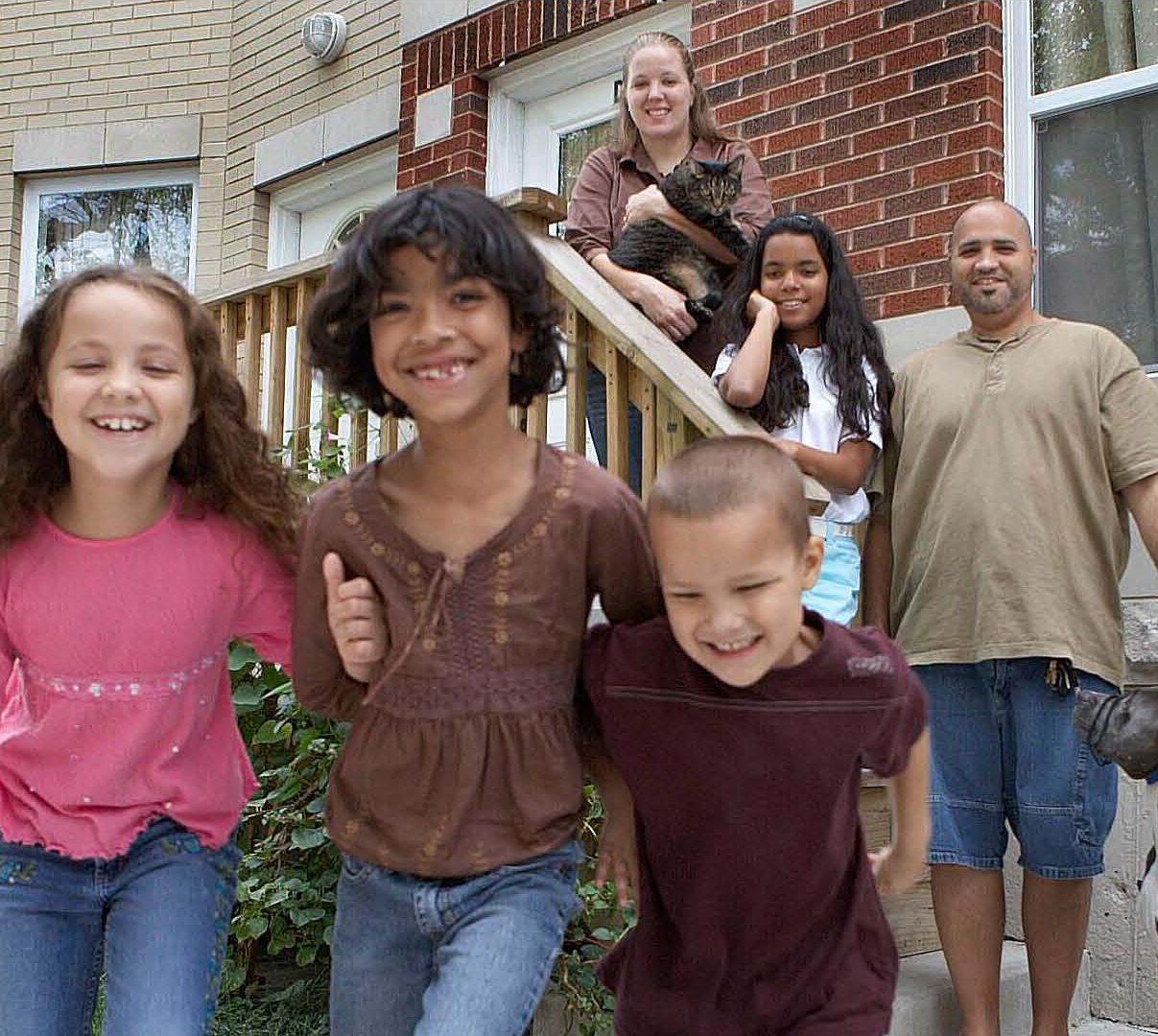Self-Help, a Community Development Financial Institution (CDFI) based in Durham, N.C., has received $5 million from MacArthur to expand its development financing work in several program areas.
The funding, consisting of a $2 million grant and the conversion of a $3 million low-interest loan to a grant, is designed to assist Self-Help in expanding their activities to serve a national audience. Specifically, the funds will be used to increase Self-Help Credit Unions lending to Latino families for home mortgage loans, one of the fastest-growing areas of Self-Helps business. It will also help strengthen Self-Helps lending services within the District of Columbia and provide greater retail banking services to the poor.
We have had a successful partnership with MacArthur since the 1980s, said Self-Help CEO Martin Eakes. The Foundations support has been instrumental in our growth at critical points in our history. This funding will provide critical financing to low-wealth families in North Carolina, Washington, D.C. and across the country.
Community Development Financial Institutions, like Self-Help, play a vital role in helping to build financial security and spread economic growth for low-income people and communities, said Jonathan F. Fanton, President of MacArthur. By bridging the gap between conventional financial institutions and underserved markets, these organizations deliver the capital, credit and expertise needed to start small businesses, invest in a new home, or build important community facilities, such as daycare centers and health clinics. MacArthur has provided more than $100 million in loans to groups like Self-Help since the mid-1980s, helping to unlock the economic potential in thousands of neighborhoods and regions across our country and ensure that even our poorest citizens have access to essential financial instruments and skills.
Self-Helps financing entities the Self-Help Credit Union and Self-Help Ventures Fund have provided more than $3.6 billion in financing to 41,000 families, small businesses and nonprofits since 1980. Its mission is to create wealth for low and moderate-income women, minorities and rural residents through seven branches in North Carolina (Asheville, Charlotte, Durham, Fayetteville, Greensboro, Greenville, and Wilmington) and one in Washington, D.C. The affiliated Center for Responsible Lending is a national, nonpartisan research and policy organization dedicated to curbing predatory mortgage lending and other financial abuses that affect low and moderate-income families.



